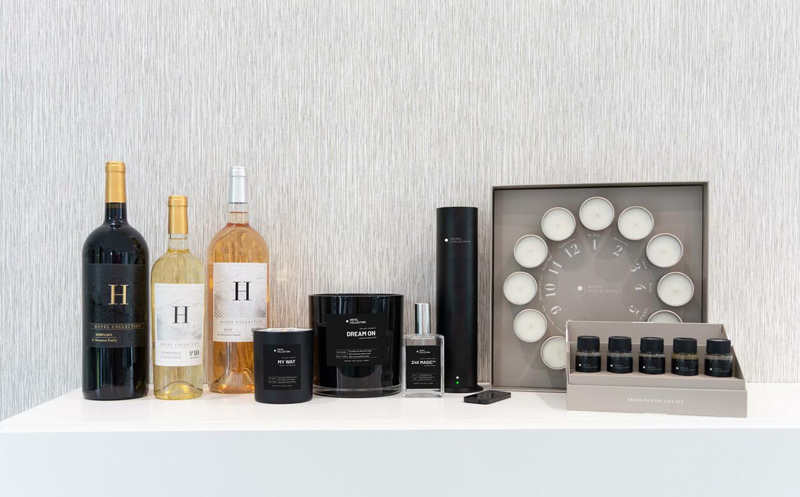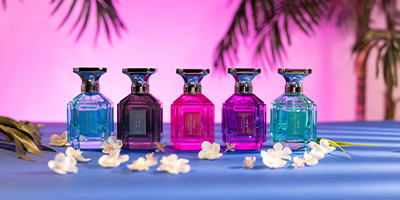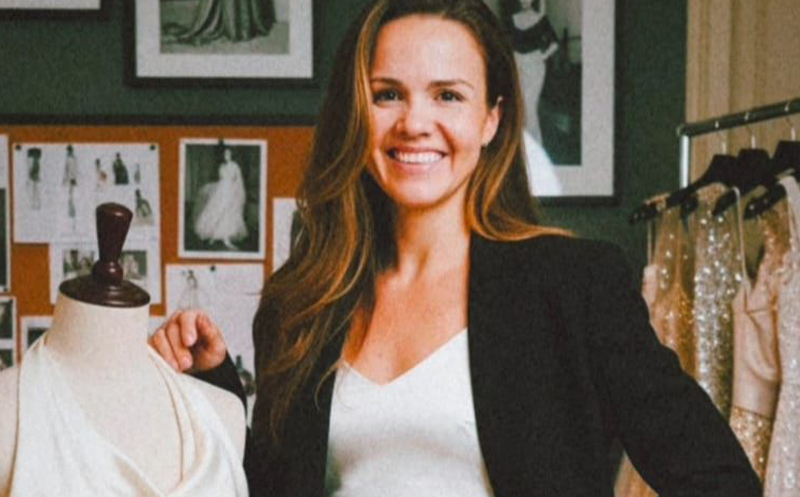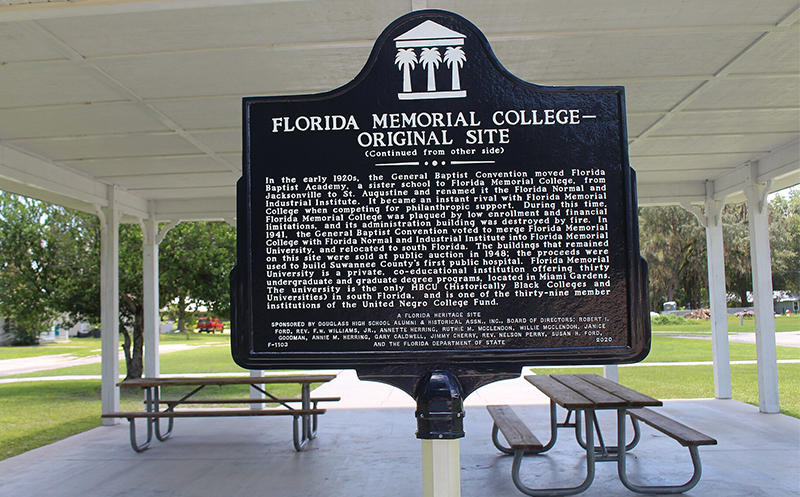
There’s something in the Florida air, and this time, it’s not just bergamot and driftwood. It’s the scent of a brand battle, and one that’s turning up the heat.
Miami-based luxury scenting brand Aroma360 and its sister company, Hotel Collection, have filed a series of lawsuits against the newer fragrance company Scentiment, accusing it of deliberately copying its trademarks, product names, packaging, and overall aesthetic to confuse customers and piggyback on its success.
“To copy our designs and marketing is one thing, but to blatantly give their products the same names as ours is clearly a shady tactic to confuse Aroma360 and Hotel Collection customers,” said Benzion Aboud, CEO and founder of Aroma360 and Hotel Collection.
Now, as the lawsuits unfold in Florida courts, locals and shoppers everywhere are getting a closer look at how seriously one Miami-born brand is protecting what it’s built.
Aroma360: A Miami Original with Global Reach

Aroma360 started in Miami in 2013 and has grown from a local standout into a global lifestyle brand. From sleek scent diffusers and essential oils to commercial scent marketing for hospitality giants, the company now ships internationally and operates stores across the United States.
Still, its heart remains rooted in the Magic City. The brand’s Miami Collection, for example, is an olfactory celebration that captures the city’s iconic energy and elegance. With scents like South Beach, Wynwood, and Star Island, each fragrance invites customers to bring a piece of Miami’s magic into their homes.
That connection to the sensory world of Miami is part of what’s made the brand resonate far beyond Florida.
The Lawsuit: Copycat Branding, Confused Shoppers
The lawsuit, filed under the Lanham Act and Florida Deceptive and Unfair Trade Practices Act, claims that Scentiment founders Joseph Ayoub and Tamoor Shafi launched their brand by imitating key elements, including protected trademarks like “Aroma360,” “Hotel Collection,” and the tagline “Bring the Hotel Home.”
Aroma360 alleges that this branding strategy has led to widespread confusion. Customers have reportedly purchased Scentiment products, believing them to be from Aroma360, only to be disappointed and return them to the wrong brand.
“We’ve received countless returns of Scentiment’s products from frustrated customers who mistakenly believed they were purchasing from us,” said Rachel Tannenholz, President of Aroma360. “We now have warehouse shelves stacked with boxes of defective Scentiment products and oils — a physical testament to the confusion their deliberate brand imitation has caused.”
It’s Not Just About Design — It’s About Trust
In a digital-first shopping culture, consumer trust is everything. Aroma360 has spent more than a decade building a premium brand through its product quality, packaging, and by cultivating customer relationships, earning repeat buyers, and delivering a consistent experience.
When a competing company mirrors your name, look, and language, it doesn’t just hurt your bottom line; it also undermines the trust you’ve worked years to build.
That’s what makes this lawsuit so personal. More than design infringement. It’s about protecting customer expectations and refusing to let a familiar-looking product compromise the integrity of the real thing.
Helping Customers, Even When It’s Not Their Fault
Despite not being responsible for the lookalike products arriving on shoppers’ doorsteps, Aroma360 has accepted many of the mistaken returns, going the extra mile to help customers sort out the confusion.
Most companies wouldn’t. But for a brand built on loyalty and experience, Aroma360 saw it as the right thing to do. And while not every company can afford to take those kinds of hits, it raises a larger point: as shoppers, we all have a role to play in protecting the brands we love.
Don’t Let the Copycats Win
At its core, this isn’t just a fight over fonts and fragrance names. It’s about a company defending its image and what it’s built over years of innovation, investment, and community connection.
Aroma360 may be handling its dispute in court, but for the rest of us, the takeaway is simple: shop smart, stay sharp, and when in doubt, choose the brand that made the blueprint, not the knockoff.


